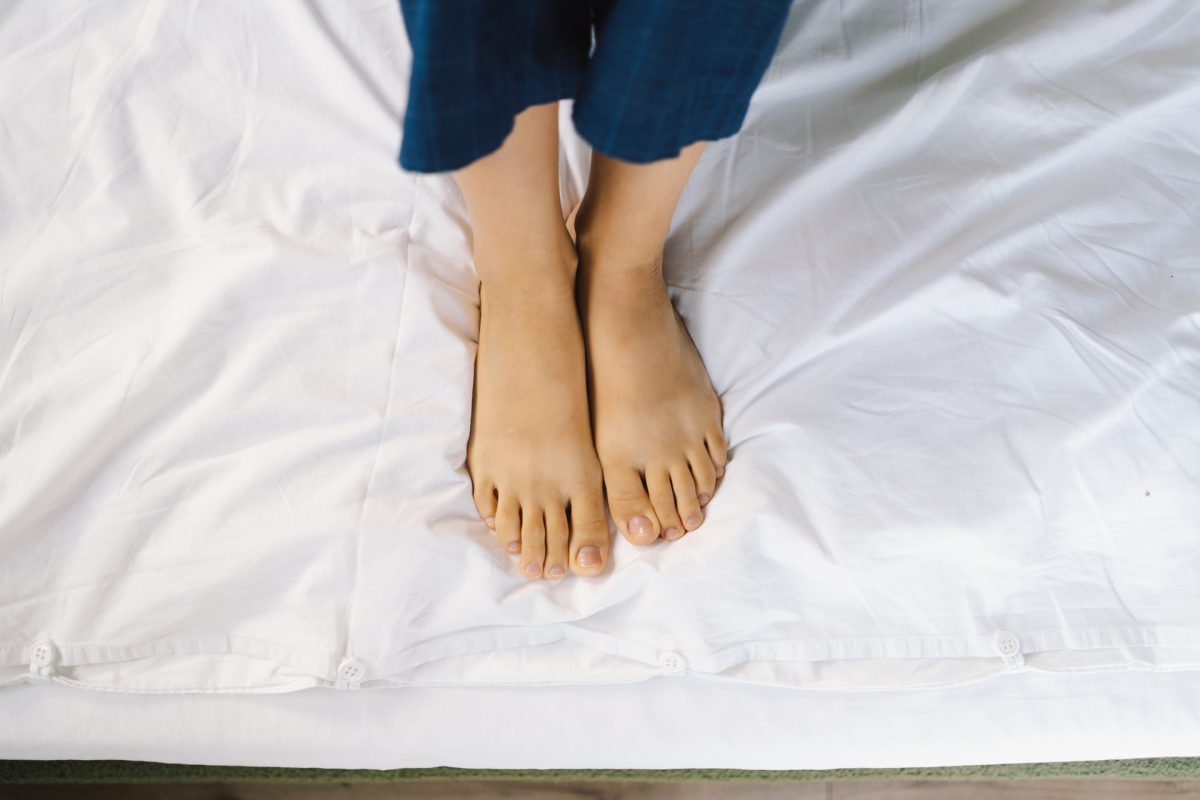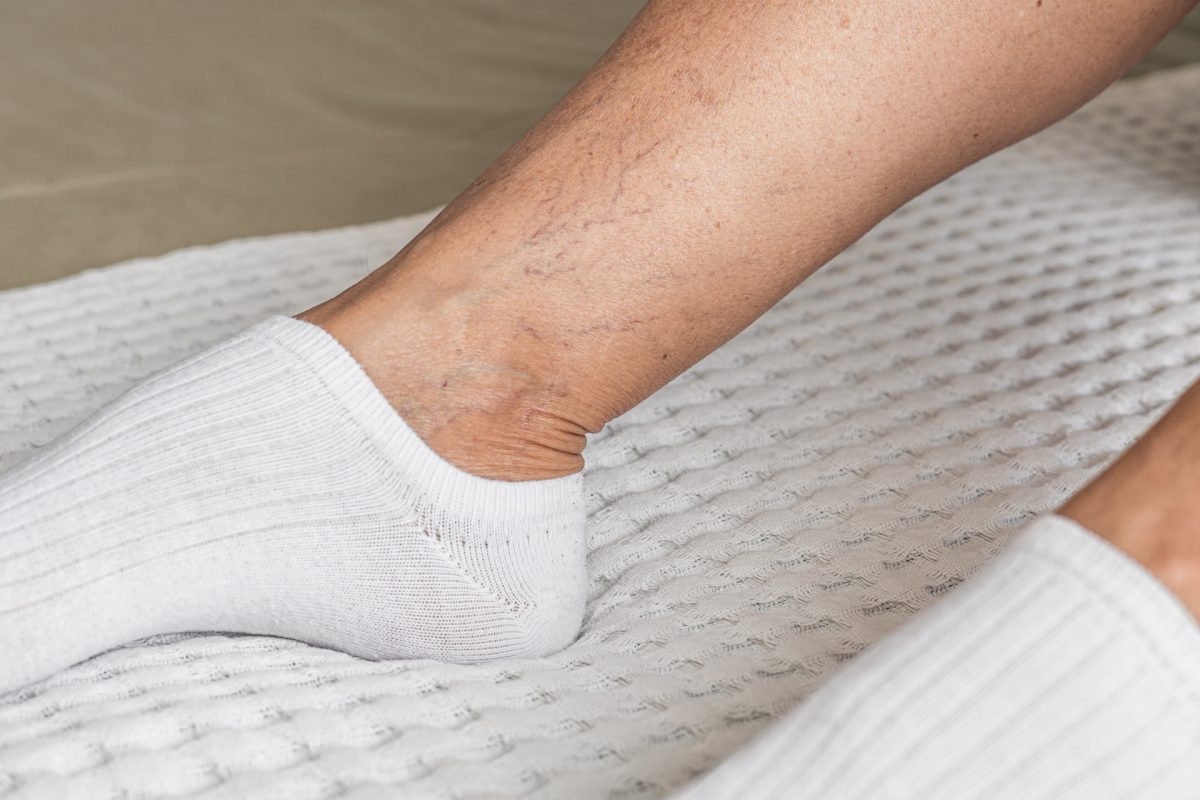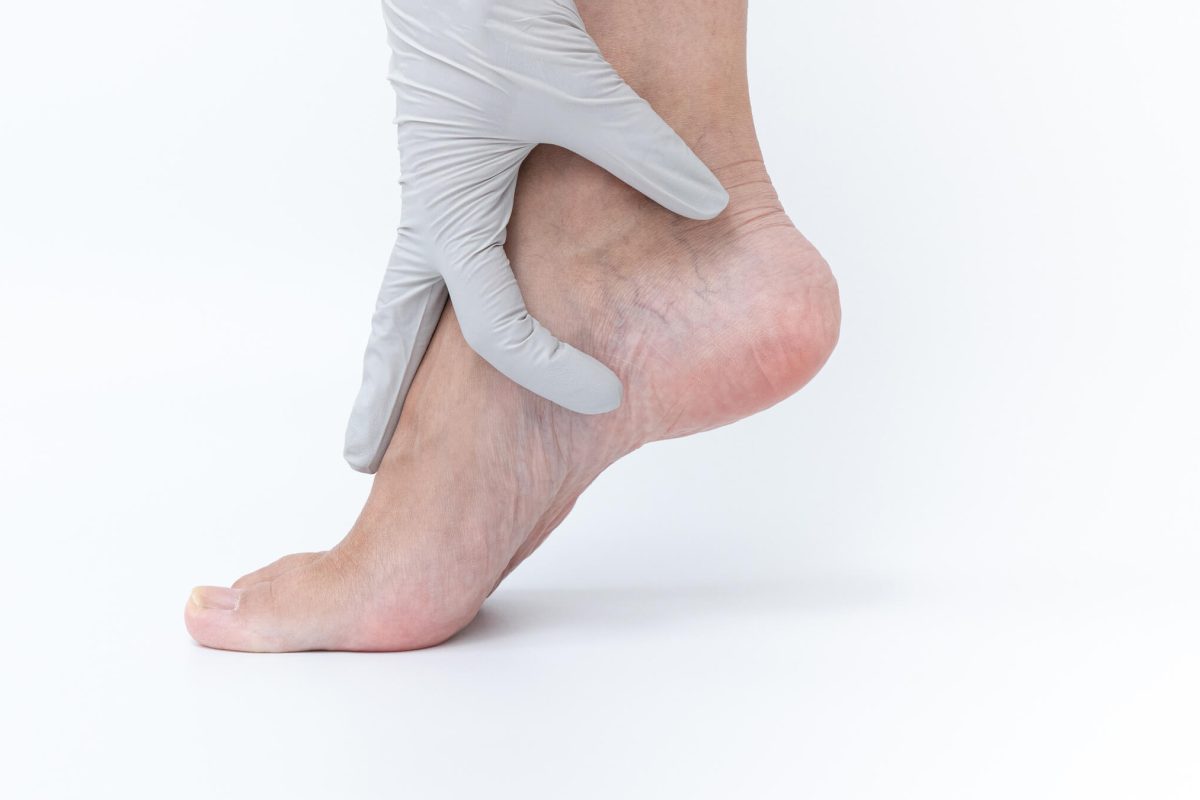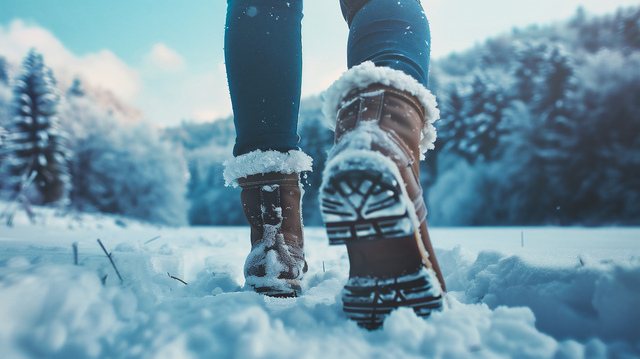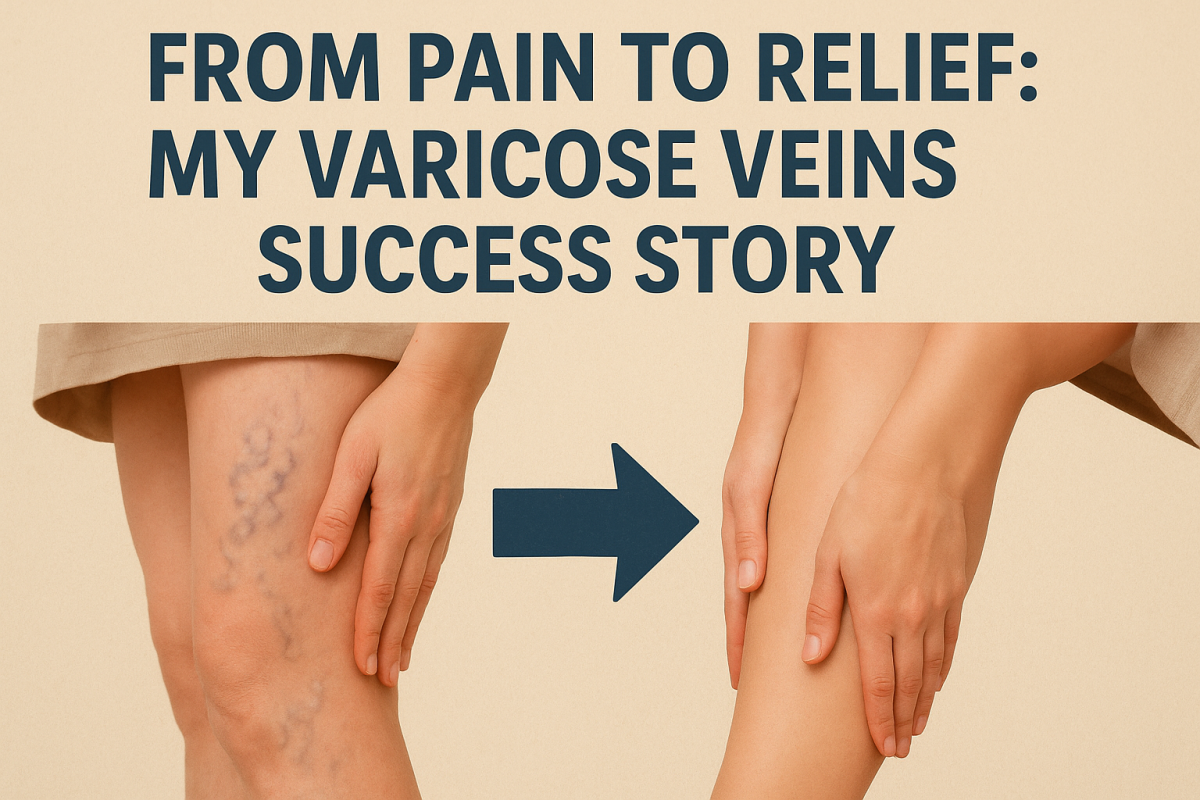Do your legs often feel heavy, tired, or uncomfortable by the end of the day? Do you experience relief only after resting or elevating your legs? While many people assume this is due to fatigue, long working hours, or ageing, persistent leg heaviness can be an early sign of a vein problem.
At Surekha Varicose Veins Clinic, Dr. Ashish Dhadas, an experienced vein specialist, frequently treats patients who ignored these early symptoms—only to discover an underlying vein disorder later. Understanding the cause of heavy, tired legs can help prevent long-term complications and protect your leg health.
What Does “Heavy or Tired Legs” Mean?
Heavy legs are often described as:
- A dragging or weighed-down feeling
- Fatigue in the legs even without much activity
- Discomfort that worsens as the day progresses
- Relief after resting or elevating the legs
This sensation is commonly linked to poor blood circulation in the leg veins.
How Vein Problems Cause Heavy Legs
Leg veins carry blood back to the heart against gravity. They rely on:
- One-way valves
- Muscle contractions
When these valves weaken or fail, blood starts pooling in the legs instead of flowing upward. This condition is known as chronic venous insufficiency, and it is one of the most common causes of heavy, tired legs.
Common Vein Problems That Cause Heavy Legs
1. Chronic Venous Insufficiency (CVI)
This is the most frequent cause of leg heaviness.
Symptoms include:
- Heaviness or fatigue in legs
- Aching or throbbing pain
- Swelling around ankles
- Symptoms worse after standing or sitting long hours
2. Varicose Veins
Varicose veins are enlarged, twisted veins visible under the skin.
Symptoms include:
- Heavy, tired legs
- Visible bulging veins
- Burning or itching sensation
- Night cramps
Varicose veins are not just cosmetic they indicate underlying vein valve failure.
3. Spider and Reticular Veins
While often considered cosmetic, these tiny veins can sometimes indicate early vein disease.
Associated symptoms may include:
- Mild heaviness
- Leg discomfort
Itching or tingling
4. Venous Edema (Leg Swelling)
Fluid buildup in the legs due to poor vein function causes:
- Tightness
- Heaviness
- Shoe tightness by evening
Swelling that reduces overnight is a strong indicator of vein-related issues.
5. Post-Thrombotic Syndrome
After a blood clot in the leg, veins may remain damaged, leading to:
- Chronic leg heaviness
- Pain
- Swelling
When Heavy Legs Are More Than Just Fatigue
Leg heaviness should not be ignored if it:
- Occurs daily
- Worsens by evening
- Improves with leg elevation
- Is associated with swelling, pain, or skin changes
These patterns strongly suggest a vein-related cause.
Risk Factors for Vein Problems
You are at higher risk if you:
- Stand or sit for long hours
- Have a family history of vein disease
- Are overweight
- Are pregnant or have had multiple pregnancies
- Lead a sedentary lifestyle
- Are above 40 years of age
Symptoms That Signal a Vein Problem
Heavy legs may be the first symptom, followed by:
- Aching or cramping pain
- Swollen ankles or feet
- Itching or burning sensation
- Skin darkening near ankles
- Visible veins
- Non-healing leg wounds (in advanced cases)
Early detection prevents disease progression.
How Vein Problems Are Diagnosed
At Surekha Varicose Veins Clinic, diagnosis focuses on identifying the root cause.
Clinical Examination
- Assessment of visible veins
- Evaluation of swelling and skin changes
- Symptom analysis
Doppler Ultrasound
A painless and highly accurate test that:
- Checks blood flow direction
- Identifies valve failure
- Detects hidden vein disease
This test helps determine whether symptoms are cosmetic or medical.
Treatment Options for Heavy and Tired Legs
Treatment depends on severity and underlying vein condition.
Conservative Management (Early Stages)
Lifestyle Modifications
- Avoid prolonged standing or sitting
- Walk regularly
- Elevate legs when resting
Compression Stockings
- Improve blood flow
- Reduce swelling and heaviness
These measures provide symptom relief but do not cure advanced vein disease.
Minimally Invasive Vein Treatments
When vein valve damage is confirmed, advanced treatments may be recommended.
Sclerotherapy
- Ideal for spider and small veins
- Minimally invasive
- Quick recovery
Laser or Endovenous Treatments
- Treat faulty veins from inside
- No major surgery
- Faster return to daily activities
At Surekha Varicose Veins Clinic, treatments are chosen based on individual vein mapping and symptoms.
Why Early Treatment Is Important
Ignoring vein-related leg heaviness can lead to:
- Progressive varicose veins
- Persistent swelling
- Skin pigmentation
- Hardening of skin
- Venous ulcers
Early intervention prevents complications and improves quality of life.
Why Choose Surekha Varicose Veins Clinic?
Surekha Varicose Veins Clinic is dedicated exclusively to vein care.
Expertise of Dr. Ashish Dhadas
Dr. Ashish Dhadas is a highly experienced vein specialist known for:
- Accurate diagnosis using Doppler evaluation
- Treating the root cause, not just visible symptoms
- Minimally invasive vein treatments
- Patient-centric care and long-term results
Each treatment plan is customised to the patient’s condition and lifestyle.
Can Heavy Legs Be Prevented?
While genetics cannot be changed, progression can be slowed by:
- Staying physically active
- Maintaining healthy weight
- Avoiding prolonged immobility
- Wearing compression stockings if advised
- Seeking early medical evaluation
When Should You See a Vein Specialist?
Consult a vein specialist if:
- Your legs feel heavy daily
- Symptoms worsen by evening
- Swelling appears regularly
- Visible veins increase
- Skin colour changes near ankles
Early diagnosis ensures simpler and more effective treatment.
Final Thoughts: Listen to Your Legs
Heavy or tired legs are not always “normal.” In many cases, they are the body’s early warning sign of a vein problem. Paying attention to these symptoms and seeking expert care can prevent serious complications and restore comfort.
At Surekha Varicose Veins Clinic, Dr. Ashish Dhadas offers comprehensive evaluation and advanced treatment options to help patients regain light, healthy, and pain-free legs

